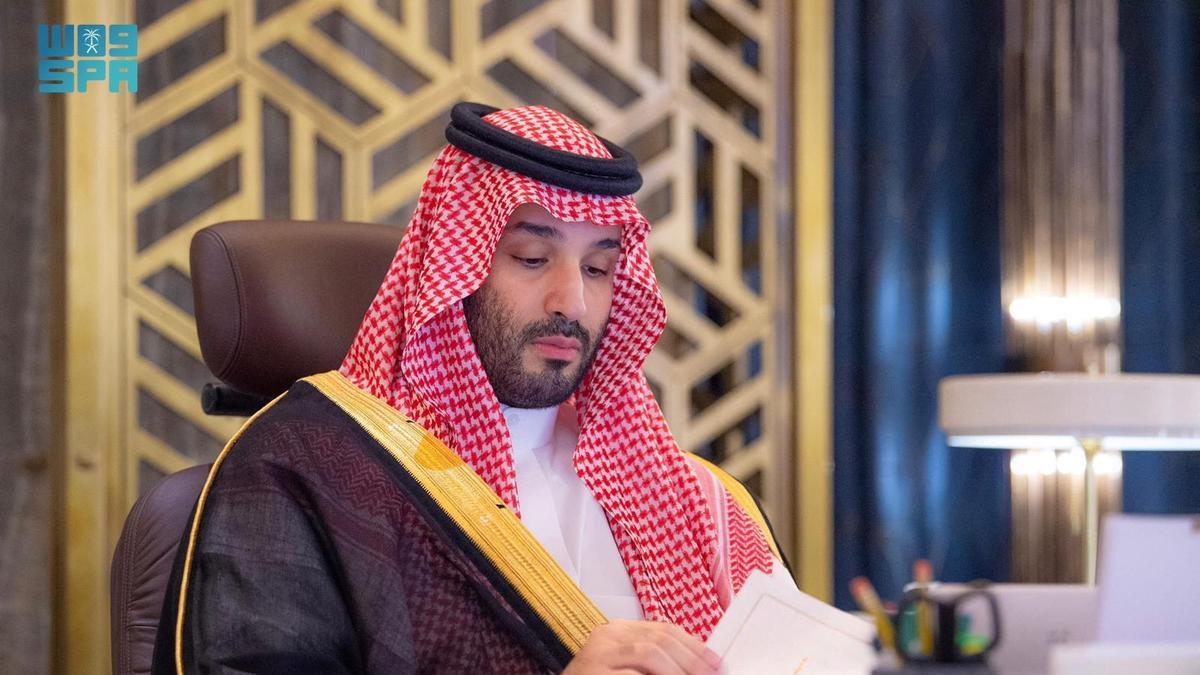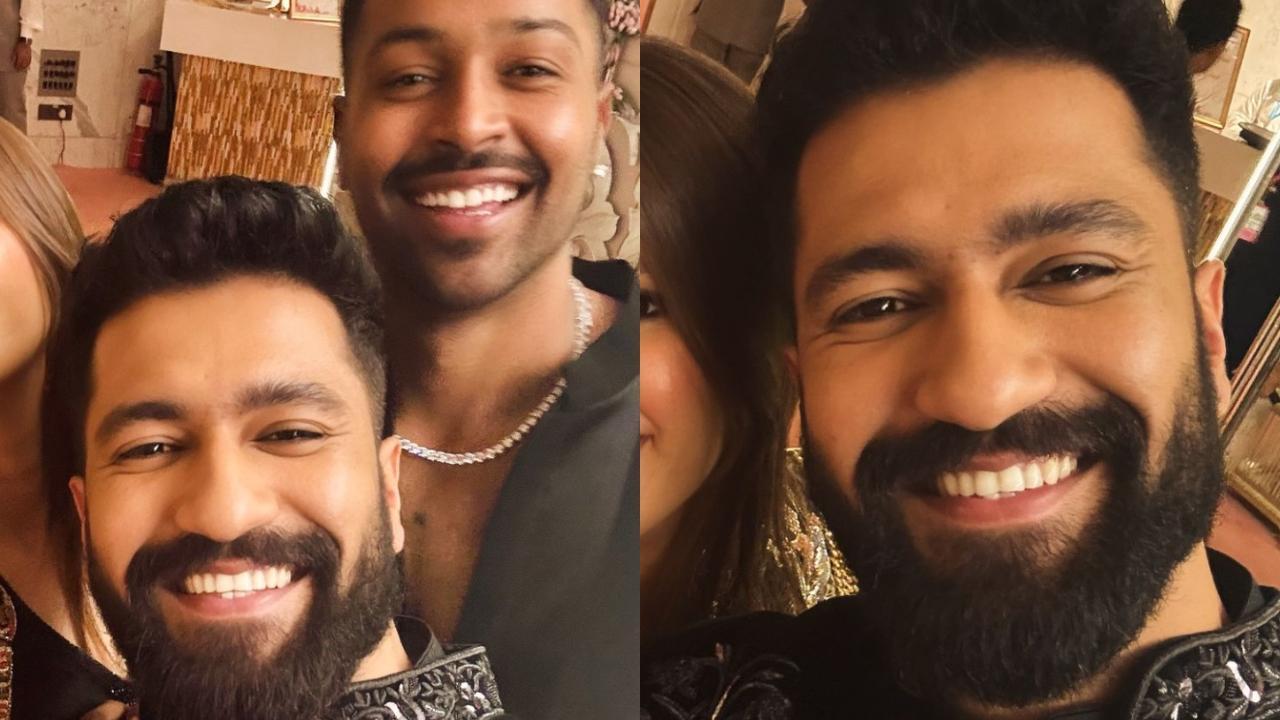
In a dramatic development that has ignited widespread condemnation, Saudi Arabian TV creator Abdulaziz Almuzaini, known for his boundary-pushing animated Netflix show, announced that he has been convicted by the kingdom’s Specialised Criminal Court on charges linked to anti-terrorism laws. The court, established in 2008 for terrorism-related cases, handed Almuzaini a sentence totaling 13 years in prison, followed by a 13-year travel ban, he revealed in a video posted online last week. The video, which has since been deleted, has stirred a storm of criticism from human rights advocates.
Almuzaini’s troubles emerged following the success of his satirical animated series “Masameer County,” which premiered in 2021. The show, characterized by its humorous take on Saudi societal changes, dives into taboo subjects such as tribal disputes, Islamic militancy, and even subtle references to homosexuality— a sensitive topic in a nation where it can carry the death penalty.
In a subsequent video uploaded this week on the social media platform X, Almuzaini filmed himself inside a car, reiterating his inability to travel out of Saudi Arabia. The video remains available, continuing to draw attention to his plight. In his statements, Almuzaini said, “I am banned from travelling.” Despite the seriousness of the accusations and the court’s ruling, Saudi officials have yet to respond to a request for comment from AFP and there has been no confirmation regarding Almuzaini’s incarceration status. Almuzaini himself has not been available for comments.
The Wall Street Journal on July 4 reported that court documents cited Almuzaini’s online posts, alleging that they “ridiculed Arab regimes” and “voiced support for women’s rights.” This underscores the expansive nature of the charges, implicating even expressions of progressive views. Almuzaini, in the now-deleted video, argued that the court accused him of promoting homosexuality and militancy. The pressure exerted on him by Saudi authorities also led to the closure of his company, Myrkott Animation Studio, leaving many employees without jobs.
“The services of all the employees of the Myrkott company were terminated a week ago,” Almuzaini stated, expressing his regret for the sudden closure. Employees of Myrkott, many of whom have been with the company since its inception in 2012, found themselves abruptly unemployed. Almuzaini conveyed his sorrow, saying, “Those are people who have families, people who have worked with us since 2012.
. I had to stand up and apologize to them all and announce to them that Myrkott had ended.”
The video included an emotional appeal to Saudi Arabia’s de facto ruler, Crown Prince Mohammed bin Salman, who has been recognized for initiating broad social and economic reforms since becoming first in line to the throne in 2017. Almuzaini stated, “I believe that we are in a country ruled by a rational family, and if one of its citizens is subjected to injustice, I have faith that my voice reaching His Highness the Crown Prince will correct some of what happened to me.”
This case has drawn sharp criticism from international human rights groups, which argue that Saudi Arabia has escalated its crackdown on dissent and vaguely critical online expression. In the past two years, the Saudi judiciary has “convicted and handed down lengthy prison terms on dozens of individuals for their expression on social media,” said Amnesty International and ALQST in an April report. Saudi authorities maintain that the accused had committed terrorism-related offenses.
Comparisons are drawn to other high-profile cases, such as the two women who received decades-long sentences in 2022 for sharing critical content online, and a retired teacher sentenced to death last year for denouncing corruption and human rights abuses on social media. Notably, Crown Prince Mohammed remarked in a September interview with Fox News that he disapproved of the death sentence and suggested the potential for clemency for the retired teacher, Mohammed al-Ghamdi.
Despite not being jailed, Almuzaini’s case illustrates an ongoing effort to stifle free speech, asserted Abdullah Alaoudh, senior director for countering authoritarianism at the U.S.-based Middle East Democracy Center. “Saudi Arabia’s creative industries will not thrive — let alone attract investment — until the authorities recognize and fully respect the human rights of all its citizens,” Alaoudh emphasized.
Lina al-Hathloul, head of monitoring and communication for ALQST, condemned the travel ban imposed on Almuzaini, akin to the one faced by her sister, renowned women’s rights activist Loujain al-Hathloul. “We all would like to live in the country, but in safety and without these violations and the arbitrary and unjustified travel ban that has exhausted many, including my family,” she posted on X.
As the controversy around Almuzaini’s conviction continues to evolve, it poses significant questions about the future of free speech and creative expression in Saudi Arabia. The implications of this case, both locally and globally, are likely to reverberate for some time to come.










